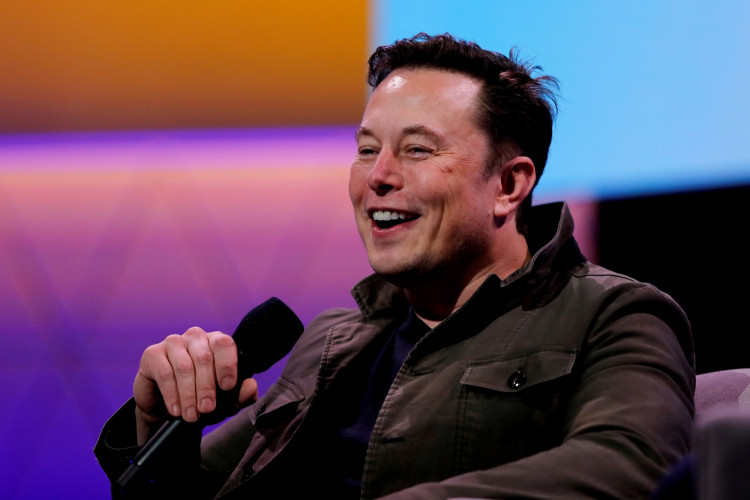Tesla shareholders have voted to approve a compensation package for CEO Elon Musk valued at up to $1 trillion, cementing one of the largest executive pay arrangements in corporate history and reinforcing Musk's role in shaping the company's long-term strategic direction. The vote, held during Tesla's annual meeting in Austin, received support from approximately 75% of shareholders, even as influential proxy advisory firms urged investors to reject the plan.
The approval reflects continued shareholder confidence in Musk's leadership as Tesla advances deeper into artificial intelligence, self-driving systems, robotics, and next-generation vehicle manufacturing. The board had warned that Musk could reconsider his leadership if the package was not ratified.
The pay plan is structured around 12 tranches of stock grants tied to performance milestones. The vesting targets include both valuation thresholds and operational achievements. Tesla would need to reach a market capitalization of $2 trillion for the first tranche to unlock, with additional tranches tied to valuation increases of $500 billion increments up to $8.5 trillion. Tesla's current valuation exceeds $1.5 trillion.
Operational metrics in the plan include raising annual adjusted profit from its current quarterly EBITDA of roughly $4.2 billion to as much as $400 billion annually, delivering 20 million electric vehicles per year, reaching 10 million Full Self-Driving subscriptions, deploying 1 million "Optimus" humanoid robots, and operating 1 million autonomous robotaxis across major cities. The targets exceed any existing benchmarks in the global automotive sector.
Musk addressed the rationale behind the package in a recent post on X, emphasizing governance concerns rather than financial reward. "If I can just get kicked out in the future by activist shareholder advisory firms who don't even own Tesla shares themselves, I'm not comfortable with that future," he wrote, arguing that maintaining influence over Tesla's direction is critical as the company accelerates work on AI-driven technologies.
Industry analysts viewed the shareholder vote as a reaffirmation of Tesla's strategy to position itself not merely as an automaker, but as a leader in artificial intelligence development. Wedbush Securities analyst Dan Ives reiterated an outperform rating on Tesla and projected that the company could reach a valuation of $2 trillion by early 2026 and $3 trillion by year-end, citing expansion in autonomous driving capabilities and robotics deployment.
Ives also forecast Tesla's entry into robotaxi operations in more than 30 U.S. cities within the next year, estimating the autonomous vehicle and AI market opportunity at roughly $1 trillion. According to his analysis, Tesla could command as much as 70% of the global robotaxi sector over the next decade.





